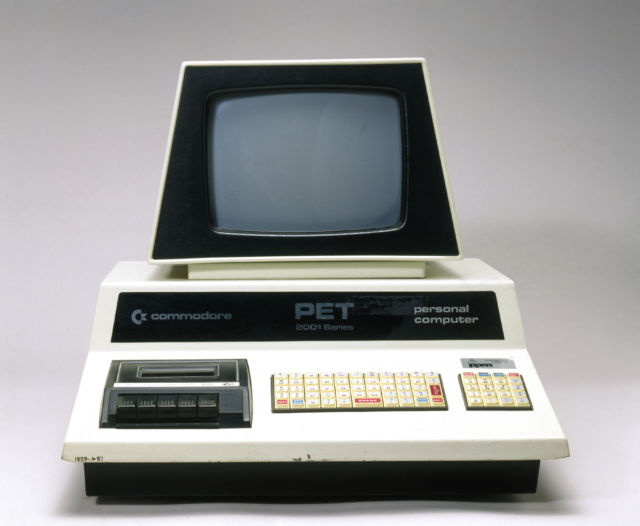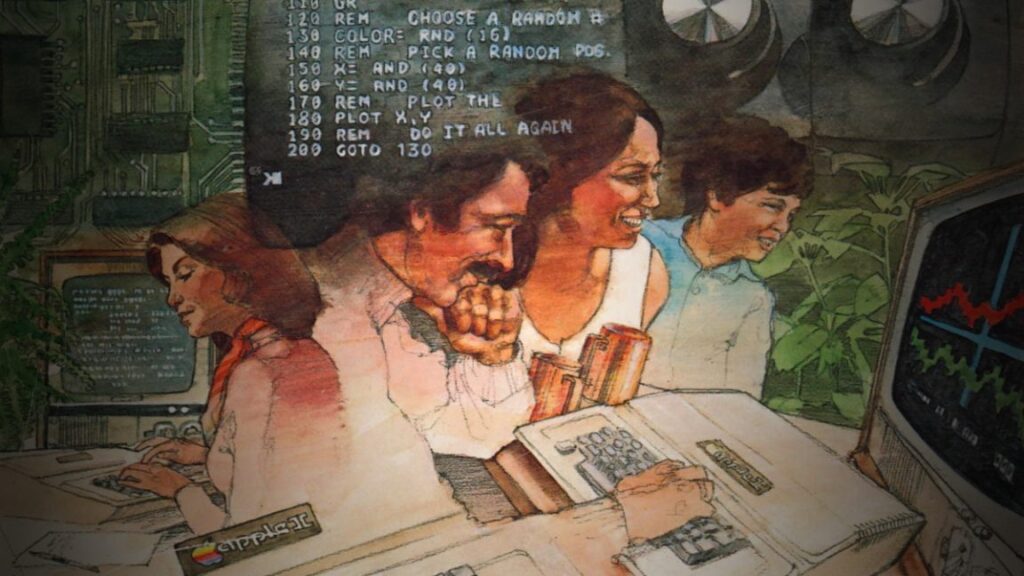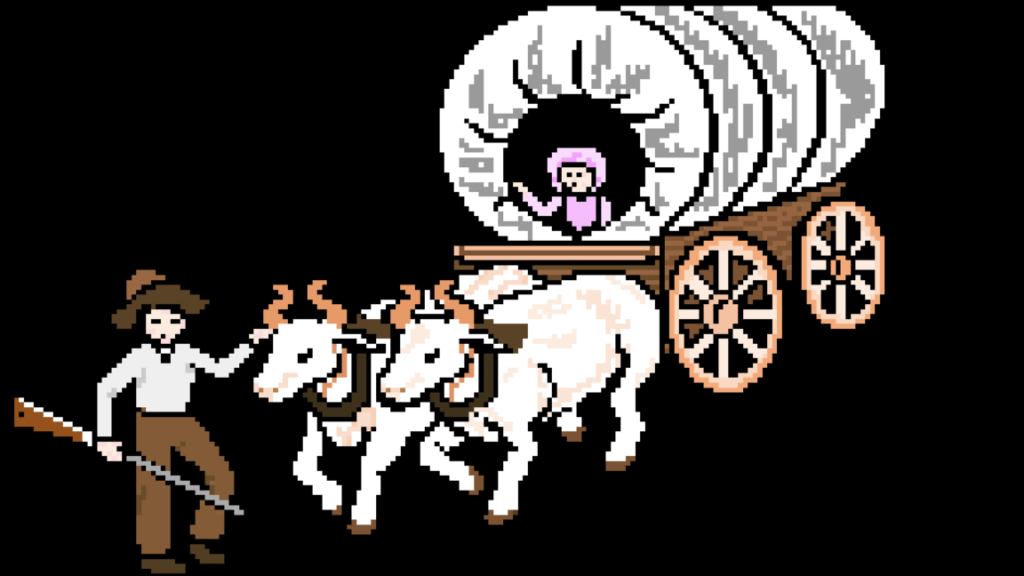Microsoft open-sources Bill Gates’ 6502 BASIC from 1978
On Wednesday, Microsoft released the complete source code for Microsoft BASIC for 6502 Version 1.1, the 1978 interpreter that powered the Commodore PET, VIC-20, Commodore 64, and Apple II through custom adaptations. The company posted 6,955 lines of assembly language code to GitHub under an MIT license, allowing anyone to freely use, modify, and distribute the code that helped launch the personal computer revolution.
“Rick Weiland and I (Bill Gates) wrote the 6502 BASIC,” Gates commented on the Page Table blog in 2010. “I put the WAIT command in.”
For millions of people in the late 1970s and early 1980s, variations of Microsoft’s BASIC interpreter provided their first experience with programming. Users could type simple commands like “10 PRINT ‘HELLO'” and “20 GOTO 10” to create an endless loop of text on their screens, for example—often their first taste of controlling a computer directly. The interpreter translated these human-readable commands into instructions that the processor could execute, one line at a time.

The Commodore PET (Personal Electronic Transactor) was released in January 1977 and used the MOS 6502 and ran a variation of Microsoft BASIC. Credit: SSPL/Getty Images
At just 6,955 lines of assembly language—Microsoft’s low-level 6502 code talked almost directly to the processor. Microsoft’s BASIC squeezed remarkable functionality into minimal memory, a key achievement when RAM cost hundreds of dollars per kilobyte.
In the early personal computer space, cost was king. The MOS 6502 processor that ran this BASIC cost about $25, while competitors charged $200 for similar chips. Designer Chuck Peddle created the 6502 specifically to bring computing to the masses, and manufacturers built variations of the chip into the Atari 2600, Nintendo Entertainment System, and millions of Commodore computers.
The deal that got away
In 1977, Commodore licensed Microsoft’s 6502 BASIC for a flat fee of $25,000. Jack Tramiel’s company got perpetual rights to ship the software in unlimited machines—no royalties, no per-unit fees. While $25,000 seemed substantial then, Commodore went on to sell millions of computers with Microsoft BASIC inside. Had Microsoft negotiated a per-unit licensing fee like they did with later products, the deal could have generated tens of millions in revenue.
The version Microsoft released—labeled 1.1—contains bug fixes that Commodore engineer John Feagans and Bill Gates jointly implemented in 1978 when Feagans traveled to Microsoft’s Bellevue offices. The code includes memory management improvements (called “garbage collection” in programming terms) and shipped as “BASIC V2” on the Commodore PET.
Microsoft open-sources Bill Gates’ 6502 BASIC from 1978 Read More »

